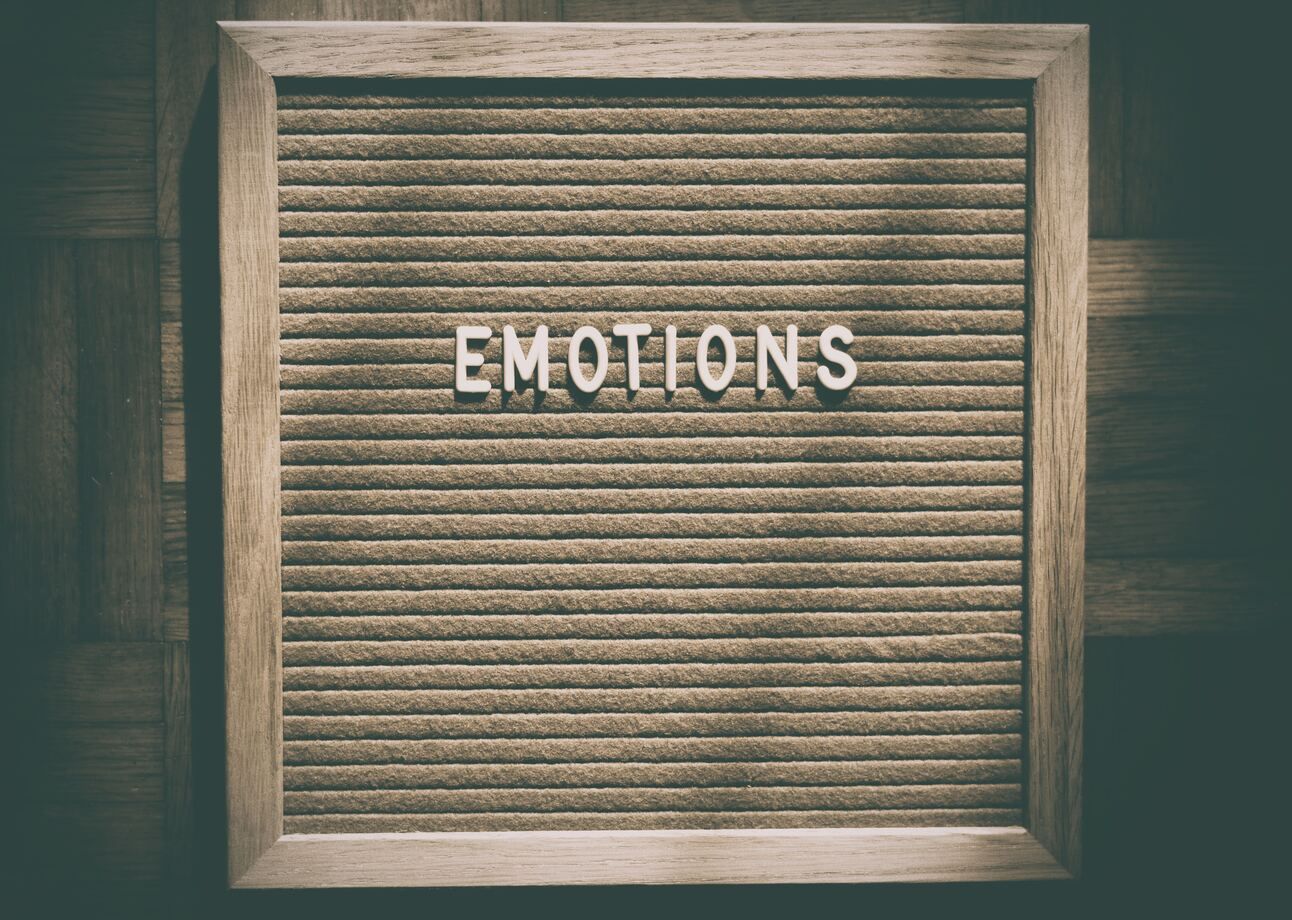
Sunday, August 6, 2023
The best and most beautiful things in the world cannot be seen or even touched. The must be felt with the heart.
The Power of Emotional Acceptance: Understanding and Embracing All of Our Emotions
In the pursuit of mental health and emotional well-being, one concept continues to resurface across various forms of therapeutic interventions: emotional acceptance. This fundamental principle, central to cognitive-behavioral therapy (CBT), dialectical behavior therapy (DBT), mindfulness-based therapies, and acceptance and commitment therapy (ACT), has been instrumental in promoting healthier emotional landscapes for countless individuals.
Understanding emotional acceptance begins with defining it. Simply put, emotional acceptance refers to the practice of welcoming, understanding, and acknowledging all feelings, regardless of their nature. It encompasses the entire emotional spectrum—the joyous, the painful, the neutral—without attempts to modify, avoid, or suppress the experienced emotions. Crucially, emotional acceptance does not discriminate between "desirable" and "undesirable" feelings; even emotions often perceived as negative, such as sadness, anger, fear, or guilt, are part of this accepting embrace.
So, why is acknowledging all emotions vital to our mental health? Here's a breakdown of the importance and the power of emotional acceptance.
Validating All Emotions
Emotional acceptance thrives on the principle that every emotion, whether pleasant or unpleasant, serves a purpose and is a part of the shared human experience. Emotions are not random, meaningless phenomena; rather, they are intricate signals about our needs, environmental conditions, and our internal state. Accepting all emotions means acknowledging their presence and validity.
Embracing a Non-Judgmental Approach
One of the hallmarks of emotional acceptance is observing emotions without judgment. Instead of labeling emotions as "good" or "bad", we simply recognize them as they are. This attitude of non-judgmental acceptance is a cornerstone of mindfulness, promoting emotional peace and balance.

An Effective Coping Mechanism
Emotional acceptance proves to be a practical coping strategy. When we cease fighting or avoiding our feelings, they often lose their intensity and become less distressing. On the contrary, trying to dodge or suppress emotions can exacerbate them—an occurrence termed the "rebound effect". By accepting our emotions, we allow them to flow naturally, reducing their power to disrupt our mental equilibrium.
A Key to Mental Health
Empirical research supports the role of emotional acceptance in fostering mental health. It has been linked to lower levels of anxiety and depression, with multiple studies indicating its positive impact on psychological well-being. Moreover, embracing all emotions can lead to greater life satisfaction and healthier relationships, enhancing overall quality of life.
Not Synonymous with Approval
Understanding emotional acceptance necessitates clarifying what it is not. Accepting an emotion does not mean endorsing it or wishing to act on it. We might accept that we feel angry without expressing that anger in a harmful way. It's about acknowledging the presence of an emotion, not giving it free rein over our actions.
A Learnable Skill
Emotional acceptance is not an inherent or necessarily easy-to-achieve state, but it is a skill that can be honed with practice and patience. Mindfulness exercises, journaling, therapeutic interventions, and many other tools can facilitate the cultivation of emotional acceptance, making it an accessible journey for anyone willing to embark on it.
Foundation for Emotional Intelligence
Emotional acceptance paves the way towards emotional intelligence—the ability to comprehend, manage, and respond effectively to emotions, both in ourselves and others. Recognizing and validating our own emotional experiences is the first step in this journey, helping us build valuable skills in all areas of life.
Accepting all our emotions isn't about passivity or resignation to negative feelings; it's about recognizing and validating our emotional experiences as a natural and essential part of being human. It is about seeing emotions as messengers, not enemies. By accepting them all, we can make peace with ourselves and navigate our emotional world with more wisdom and serenity. The power of emotional acceptance is immense, and it opens the door to a more balanced, mindful, and emotionally intelligent existence.

